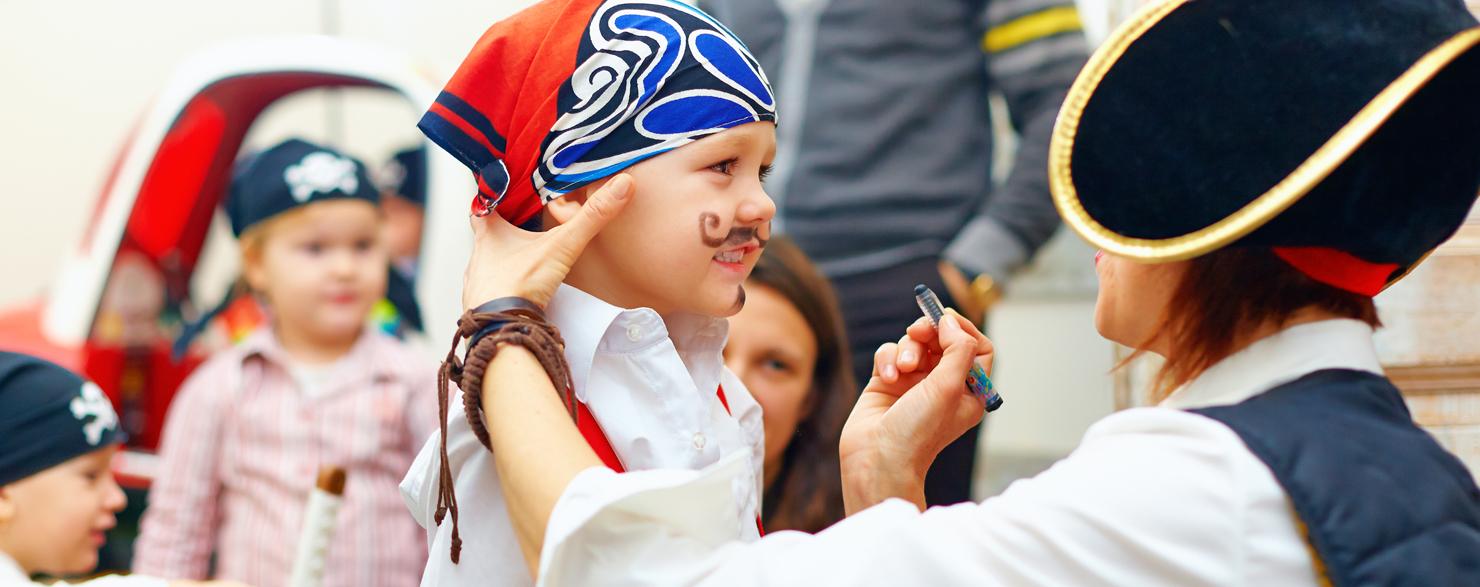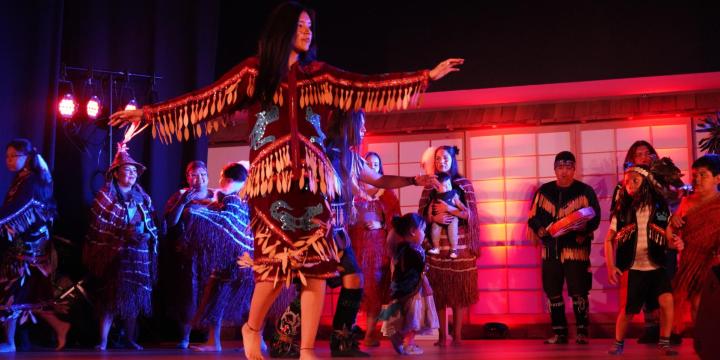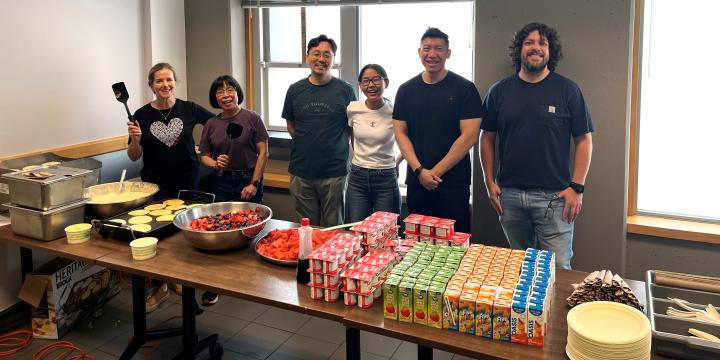
This is the second post in a 3-part series on parenting in community. Read our first post on how to find a community.
Stephanie’s story
When Stephanie became a single parent she felt isolated and alone. She had people in her life that cared about her and her daughter, but she was missing friends who understood the unique challenges of single motherhood. In a leap of faith she decided to try a YWCA Single Mothers’ Support group.
“I was looking for support from someone in a similar situation. I’d recently had my baby and didn’t have any friends that were on their own at the time,” says Stephanie. “I remember feeling so relieved when another mom described some emotions she experienced. They were so similar to mine, I thought, ‘Oh thank goodness, I’m not the only one!’”
Forming community
What Stephanie found was a community. The support group connected her to other parents facing similar challenges, and Stephanie says it was reassuring to brainstorm ideas, share resources and even go on outings outside of their group time.
Her leap of faith resulted in rich and important friendships—as well as emotional support.
Stephanie isn’t unique. Parents – especially single parents – struggle to find other like-minded, supportive adults.
Here are some guidelines to help you find the community you’re looking for:
Be intentional
According to author and life-coach, Cheryl Richardson, “Building a soulful community is a step-by-step, deliberate process to bring certain people into your life.”
Richardson suggests an intentional approach that includes making a list of characteristics you’re looking for and pursuing new relationships with these in mind. She also encourages you to look at existing relationships and intentionally strengthen those which fit your idea of community.
Some questions to ask if you’re trying to build community:
- What kind of relationships would be most beneficial to me right now?
- Who in my life would I like to get to know better?
- How would I like to grow as a person/ parent in the next year? What ways could I pursue that with others who might feel the same?
- What do I realistically have time for?
- What kind of relationships would benefit my child the most?
- Is there anything holding me back (social anxiety, fear of rejection) from pursuing a community?
Making time
Being intentional is also about making time. This means making time for get-togethers, outings, phone calls and ongoing communication. It also means being willing to share your story (or some of it), and listening to and supporting others as they share theirs. If you’re clear on your own needs and limitations you’ll be a more honest friend.
Don’t rush it
Give yourself, and the community-building process, time. Deep friendships don’t mature overnight and communities aren’t formed in a day. Sometimes they develop through common interests or experiences. Sometimes they are faith-based or community-minded. Some are built around geographical proximity or values. Whatever the commonalities, most of these qualities are tough to decipher upon first meeting so allow friendships time to develop.
It’s a two-way street. Like any relationship, community is about giving and receiving. Don’t just look to others to complete your community: think about what you bring to theirs as well and then consciously deliver on that.
Parenthood is a juggling act and we sometimes feel like we don’t have the time or energy to form and maintain bonds outside the home. But remember, our kids gain so much by having other adults in their lives they can trust and spend time with. Your children will also be encouraged by seeing you maintain positive friendships.
The next post in our parenting in community series will focus on how to foster those important relationships to make your community bloom.
This post is written by YWCA Single Mothers' Support Services, which offers a range of individual and group services to assist, empower and inform single moms across Metro Vancouver and Abbotsford.

